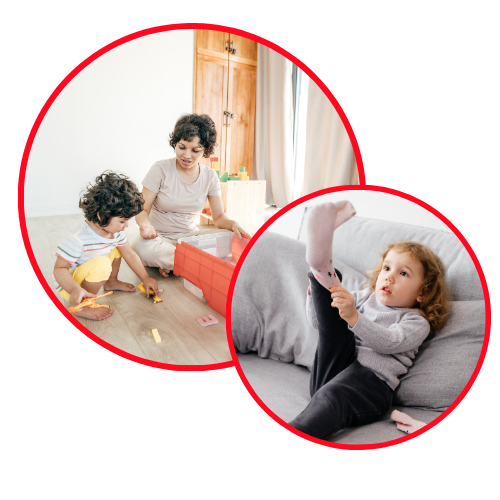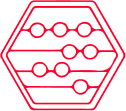-

128 City Road, London, Greater London. EC1V 2NX

(+44) 7355-770-660

info@londonmontessorian.com

128 City Road, London, Greater London. EC1V 2NX

(+44) 7355-770-660

info@londonmontessorian.com



Maria Montessori's research identified four unique stages of development from birth to early adulthood, which she called planes of development. She observed that each plane is characterised by specific sensitive periods where children display particular needs, characteristics, and behaviours. During these sensitive periods, children experience intense developmental transformations, after which comes a period of consolidation. In this phase, children display a newfound confidence in the skills they have acquired.
From birth to the age of six, children’s development is categorised into two stages: from birth to three years old and from three to six years old. During this time, children typically divide their time between home and school.

Children alternate between time spent at home and, starting at age three, time in an educational setting, such as a nursery or preschool. At this young age, with rosy cheeks and untamed hair, children have a deep need for love and nurturing. Although adults provide essential support, children’s development is predominantly self-directed as they strive to fulfil their internal needs. During this initial developmental stage, children are like sponges, absorbing cultural and environmental influences through what Maria Montessori termed the ‘absorbent mind’. This stage includes the sensitive period of movement, language, toileting, order, and social graces.
In this critical phase, children place a high value on their individuality. They seek social interaction and independence from an early age, even before reaching three years old. Addressing these needs is crucial. Adults can help by creating environments tailored to the child’s size and cognitive level, enabling them to engage and exercise their independence. Through meaningful activity, children learn they can accomplish goals through their own efforts.


Divide their time between the familiarity of home and the structured setting of school, usually beginning formal education around age four. They have an intrinsic need for affection and guidance. Although they receive and seek out this guidance, it is essential to recognise that their personal growth also requires them to meet specific fundamental needs independently. During this second part of the first plane, children are characterised by sensitive periods for language, social graces, music, reading, writing, social relationships, and math.
These children are self-engaged and possess an intense need for physical independence, often displaying a 'Help me to do it myself' attitude. This phase is crucial, as it lays the foundation for their emerging personalities.
Children are naturally active at this stage, and through practical activities, they not only refine their motor skills and intellect but also grasp concepts previously considered too advanced for their age. Continuous observation demonstrates that children have the potential to learn at a younger age than traditionally expected.
